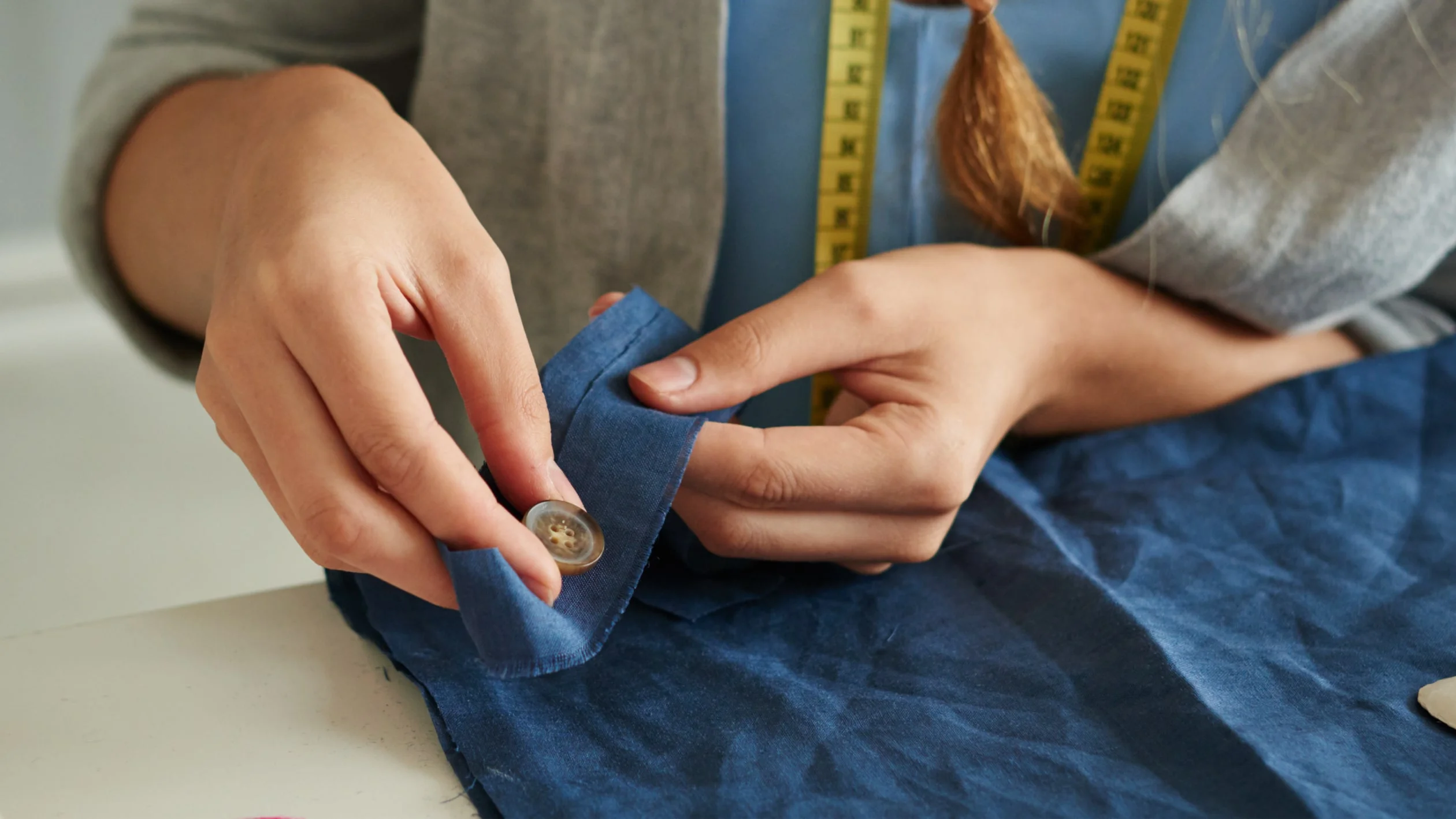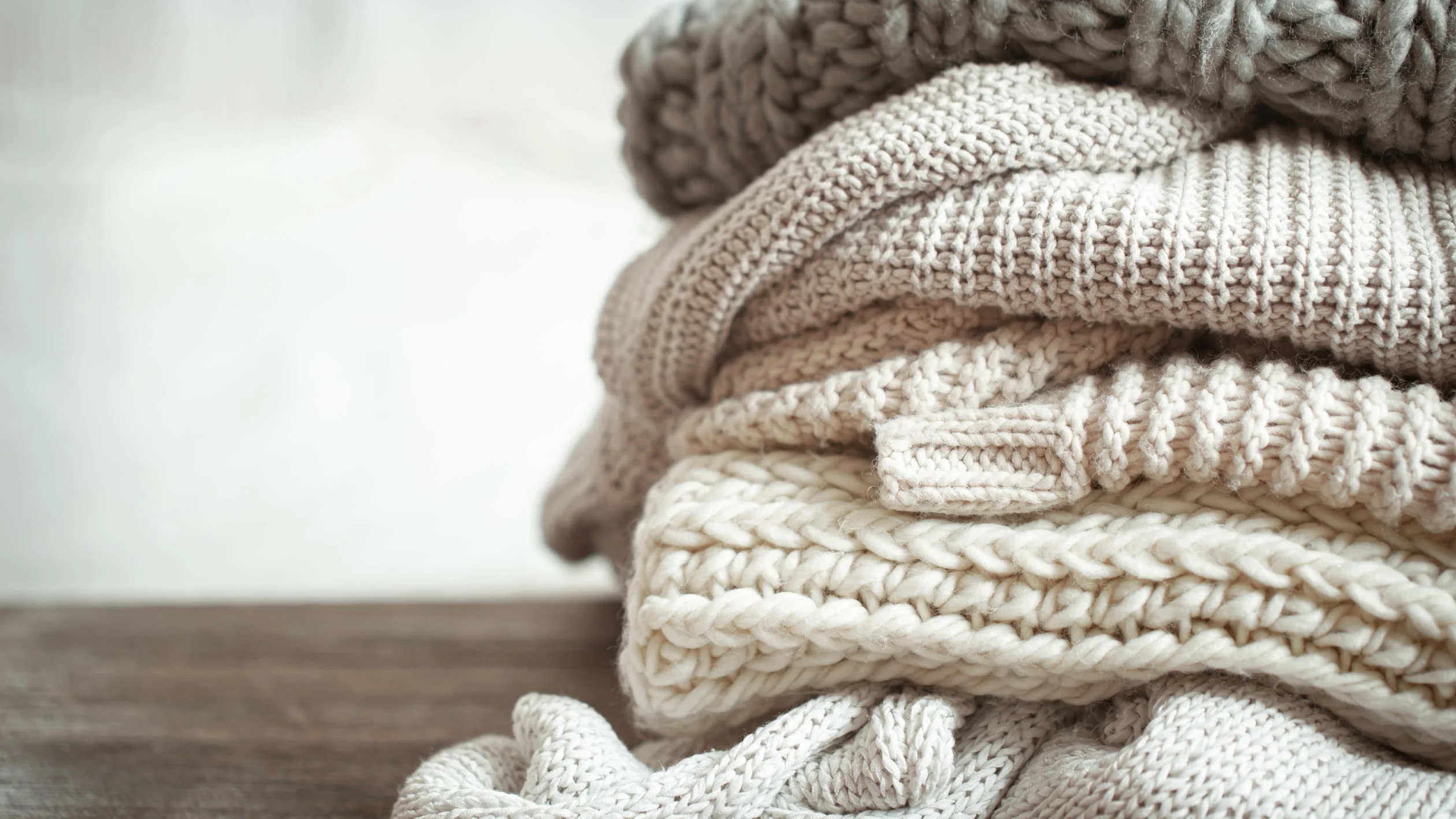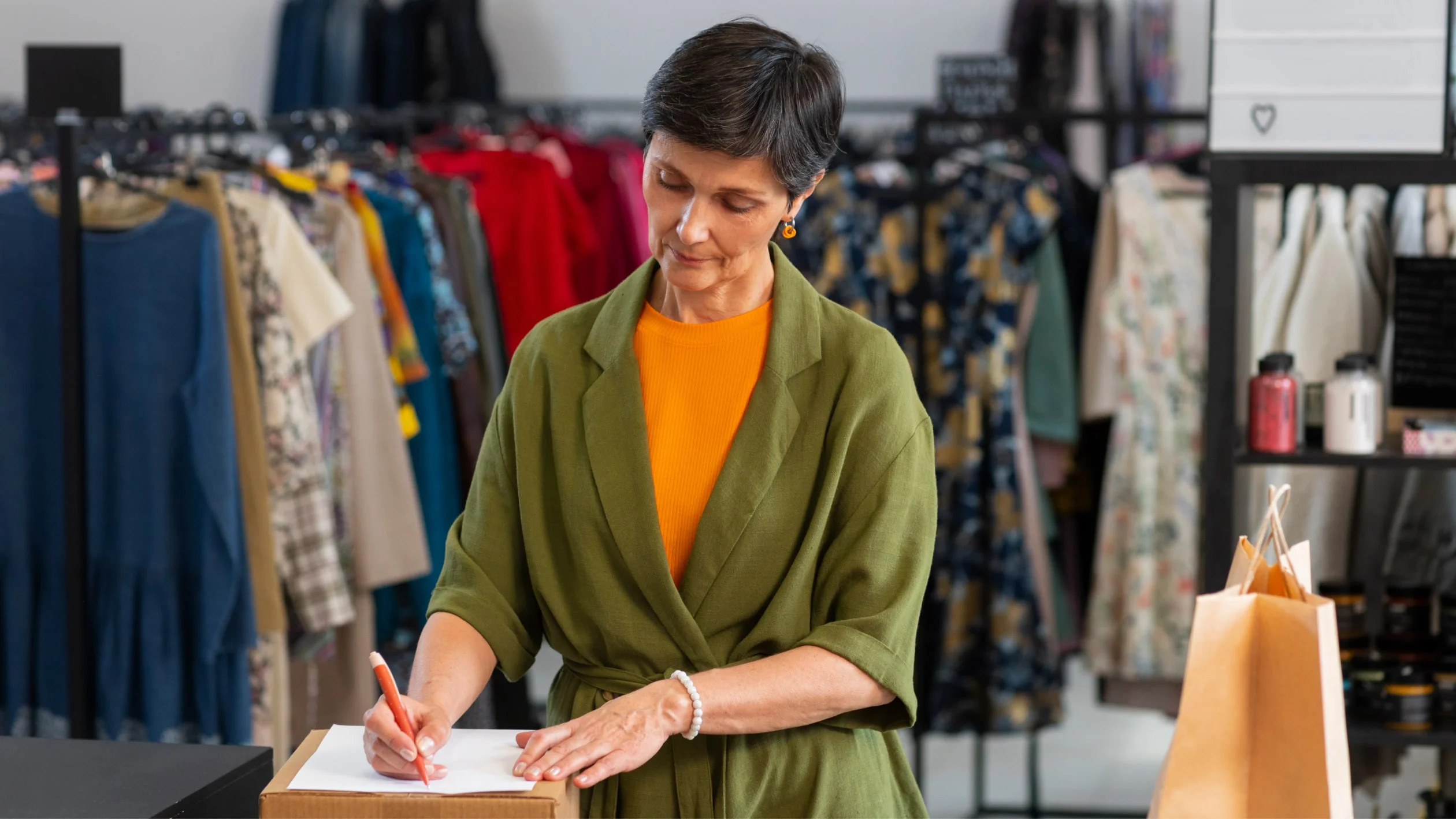You see it. You love it. You want it. And that "add to cart" button is practically glowing at you...
But hang on. Just pause for a second. What does that click actually mean? Let's try something — ask yourself a few questions. I know, I know, it sounds tedious. But humor me for a minute.
Just ask yourself:
Look, these questions aren't meant to kill the joy of shopping. They're about finding real satisfaction instead of that weird guilt that creeps in later. You know what I mean — that feeling when something sits in your closet with tags still on.
A t-shirt is never just a t-shirt. There's this whole story behind every piece of clothing that most of us never think about. And honestly? When we started Aloto and began digging into these stories, some of them were pretty shocking even to us.

So, what's the big deal with the environmental side? Honestly, it's huge. Think about it - massive carbon footprints from shipping clothes around the world. Crazy water usage for a single pair of jeans. And all the plastic pollution from synthetic fabrics and packaging that's choking our oceans. The tough part is, every time we shop, we're casting a vote — either to keep that system going, or to help change it.
And then there's the human side of things, which honestly hits the hardest. The whole demand for dirt-cheap clothes puts incredible pressure on workers — usually in countries where they don't have nearly the same protections we take for granted. When we choose sustainable shopping, we're backing companies that actually pay decent wages and treat their people right. It's not just about buying stuff — it's about what kind of world we're voting for every time we spend money.
Getting past impulse buying isn't about never buying anything fun again. It's about being more thoughtful when you do buy. Here's what actually works when you're shopping sustainably:
Instead of thinking about your closet as this random collection of stuff, try thinking like you're building a capsule wardrobe. Focus on quality over quantity — pieces that actually work together and that you'll genuinely want to wear. People who embrace sustainable shopping this way say they're way happier with their wardrobes even though they own fewer things.
Before you buy anything, ask yourself - "Will I realistically wear this 30 times?" Sounds like a lot, right? But break it down — that's barely once a month over three years. If you're struggling to picture yourself reaching for this item that often, it's probably not worth your money. This simple rule is a game-changer for sustainable shopping.
Fast fashion makes money by convincing us our clothes are constantly out of date. But when you figure out what you actually like — not what influencers tell you to like — you stop falling for every new trend. Your style becomes more "you" and less random impulse purchases.
Shopping sustainably also means taking care of what you already have. Zero waste starts in your own closet, and it's easier than you think.

Extending your clothes' lifespan is probably the most eco friendly thing you can do. Learn some basic mending — you don't need to become a seamstress, just know how to sew on a button or fix a small tear. And wash things properly! It makes such a difference in how long clothes last. This approach to zero waste saves money and reduces environmental impact.
When you're actually ready to invest in something new, go for quality pieces made from natural materials. Things like organic cotton and linen outlast synthetic alternatives by years and won't release microplastics when you wash them. Sure, they cost more initially, but the math usually works out better in the long run. This is sustainable shopping at its core.
When you're done with something, think of zero waste. Can you sell it? Donate it? Many places now have textile recycling programs. Just because you're finished with something doesn't mean it needs to end up in a landfill. Even small actions contribute to zero waste living.
Trying to shop ethically can feel like having a second job sometimes. There's so much greenwashing floating around, and researching every single brand gets old fast. So how do you cut through all the marketing BS and figure out who's actually doing the work?

B Corp certification is basically the gold standard for ethical companies. It means they've let outside experts poke around in their business and actually passed some pretty tough tests. Same deal with Fair Trade and GOTS (Global Organic Textile Standard). These aren't just fancy marketing badges—they mean something real. When you're trying to find products from responsible companies, these certifications are your best friend.
There's something genuinely different about small businesses. You're usually talking directly to people who actually give a damn about what they're creating. Small businesses typically have much simpler supply chains, so they can tell you exactly where their materials come from and who's making their products. Plus, you're supporting actual humans, not some massive corporation. Many small businesses are leading the charge in sustainable shopping.
How a company ships to you says a lot about whether they actually care about the environment. Plastic free packaging shows they're thinking about the whole experience, not just the product. It's something we at Aloto have become almost obsessed with, especially during Plastic Free July... It's a simple way to find products from genuinely eco-friendly companies.
Good companies love talking about what they do — they've got nothing to hide and everything to brag about. If a brand gets all shifty when you ask where their stuff comes from or how their workers are treated, that tells you something right there. When companies are doing things right, they can't wait to tell you about it.
Wow, you might say, that's a lot to research! Oh yes! That's exactly why we created Aloto, based on sustainability ratings from Good On You. All you need to do is use the search function or upload a photo of an item you liked and check out the alternatives our finder suggests. Who knows, maybe you're about to meet your future favorite brand.

We'll show you eco friendly products from brands that actually give a damn about their impact. Pick stuff that matches your style and what you believe in. Then we show you where to grab it and compare prices across different stores.
This is a lot of information, so let's make it simple. Here's your practical guide to shopping sustainably:
And hey, don't beat yourself up if it doesn't work perfectly right away. Give yourself time. Try again later. Sustainable shopping isn't about being perfect — it's about gradually getting better at it.
This isn't about giving up shopping or some kind of ban on retail therapy. It's more about awareness as a way to feel connected to something bigger, to have a global impact, and consequently, get even more satisfaction from thoughtful purchases.
The whole point isn't to never buy anything again. It's that you'll get a real kick out of understanding that you personally made a certain contribution to a better future. When you know your money went to companies treating people right, when you're wearing something that'll last for years, when your choices actually matter — that's when you realize sustainable shopping beats mindless scrolling and buying every single time.
Try it! You won't notice how it becomes part of how you make decisions. And happy sustainable shopping to you!
Ready to start shopping sustainably? Check out finder.aloto.com to start making more informed choices. Your future self (and your bank account) will thank you.